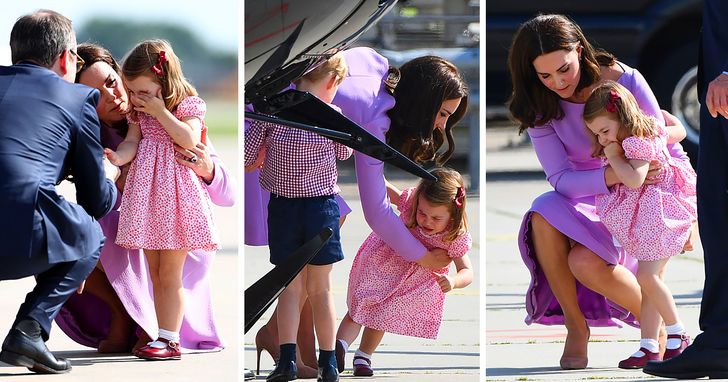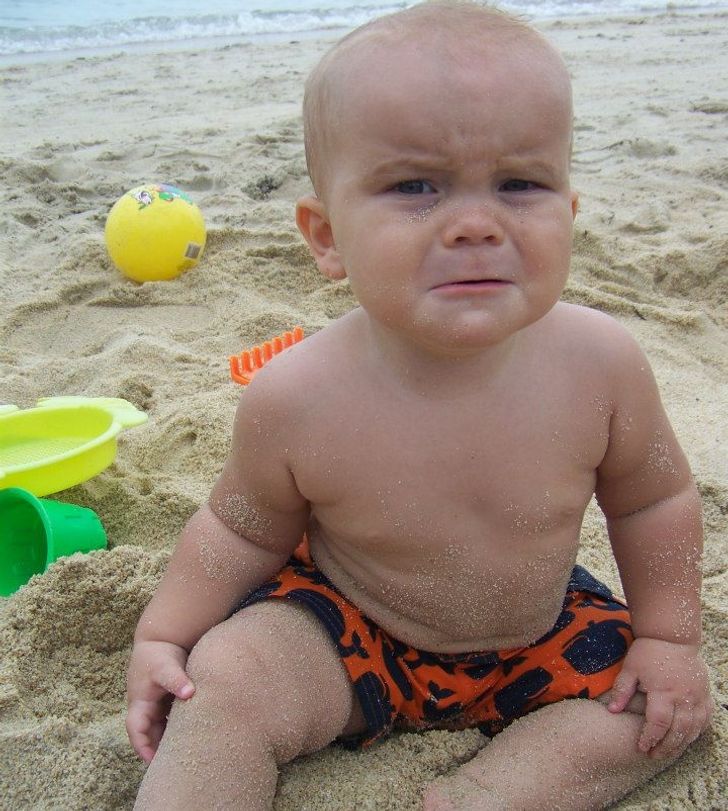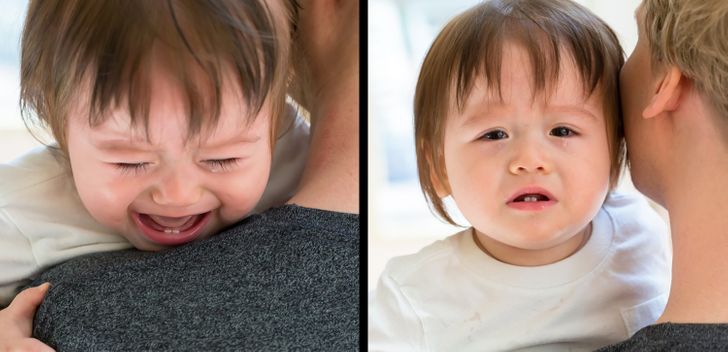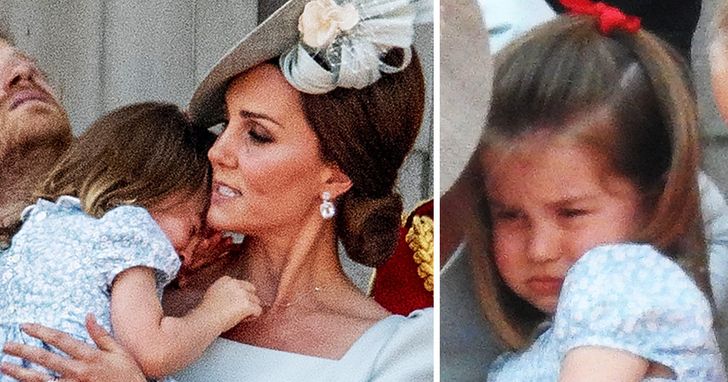Had no idea about the level of comfort when a child is crying. Interesting.
6 Reasons Your Toddler’s Tantrum Is Actually a Good Thing
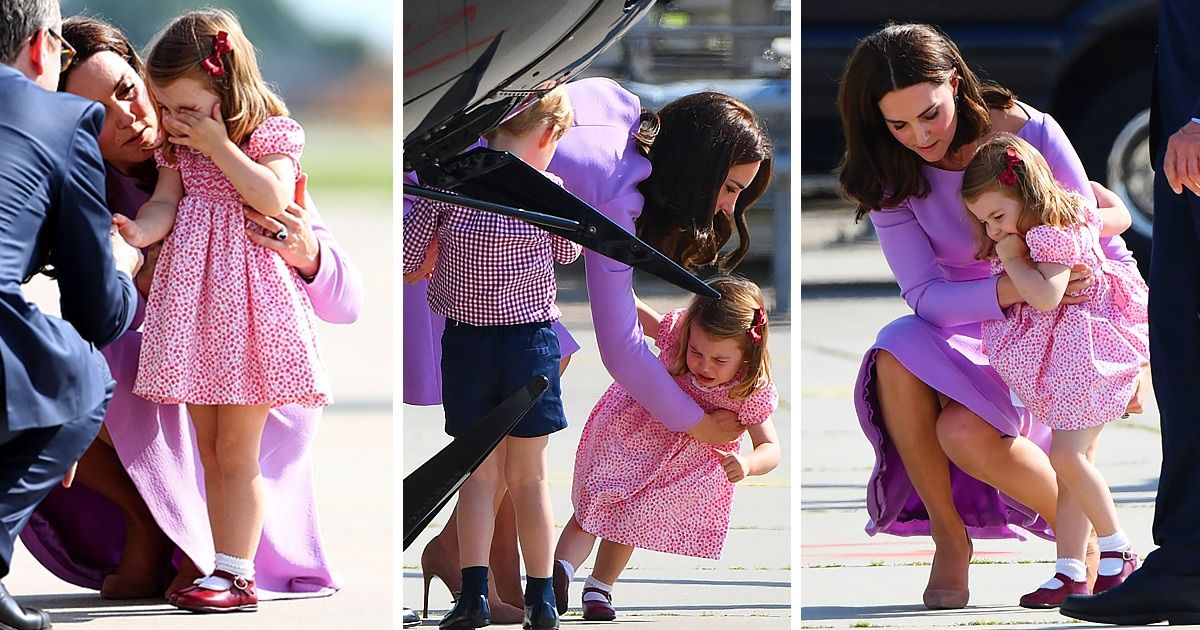
If you think that dealing with kids’ meltdowns is the worst part of parenting, you’ll probably be surprised to know your toddler’s tantrums happen for a good reason. Strange as it may seem, tantrums and crying are beneficial for your kid’s development and psychological state. Changing your attitude toward your kid’s emotional breakdowns may help you understand your child better and maintain a stronger parent-child bond.
Here at Bright Side we’ve studied the advantages of little kids’ tantrums, and here’s what we’ve learned.
1. Your child is learning how to deal with disappointing situations.
Tantrums often occur as a result of a child hearing a “No” from their parents. While you may not want to see your child acting out when they hear your refusal, you have to set their limits firmly. Life does not always go the way we want, and the sooner a child understands this, the sooner he or she will learn how to cope with disappointment. By working through tough emotions your child will learn how to cope with their anger and fears, instead of stuffing them inside.
2. Your child feels safe enough to share their emotions with you.
If your kid throws a tantrum right in front of you, it means he or she feels safe enough to feel how they feel and live through their emotions in your presence. Be compassionate and help your kid cry out all their anger, fears, and frustration and let these things go.
Neither kids nor adults choose what to feel, but adults can actually choose how to act when experiencing their emotions. Little kids cannot control their behavior when they’re angry or upset. It’s highly important that instead of telling your child to stop crying and punishing them for feeling strong emotions, you maintain the atmosphere of trust and comfort.
3. Tantrums help your kid get rid of stress.
As adults, we know that crying is the natural release valve that helps us get rid of stress, anxiety, and disappointment. This is true for little kids as well. If your toddler’s tantrum is accompanied by tears, they will get rid of the excess stress hormones that trigger anxiety.
Bottled-up emotions can also result in sleep issues. A child that has successfully regulated their emotions through meltdowns and even tears will have an easier time falling asleep and staying asleep through the whole night.
4. Your child can “enjoy” crying without being judged.
As we grow older we learn how to keep our feelings inside. We suppress them and we seldom let ourselves cry, or even discuss our fears and worries with friends or family. Emotional breakdowns are frowned upon by society, which can make adulthood very stressful. Toddlers are still at the age that they can express their emotions and be understood, before they grow up and start having to think about how they look in the eyes of the public.
5. Tantrums improve the learning process.
As kids learn, they encounter problems that they have never faced before, and they don’t know how to solve them. Expressing frustration through crying is a positive reaction that helps a child to live through their negative emotions and let them go. Once they’re done with crying, they will normally come back to solving the problem with a renewed sense of determination.
6. Tantrums form a mechanism for lifelong emotional regulation.
We learn as we grow older, and managing one’s emotions is something that needs to be learned as well. With time, children realize that communicating their anger and anxiety through words is the best way to cope with these feelings. But in order to acquire mature skills, like decision making, your kid needs to try the “wrong” ways as well.
Of course, you may still be embarrassed when having to comfort your kid who is crying out loud in a public place, but you are certainly not the first and won’t be the last parent to go through this. Keep reminding yourself that tantrums come and go, and this is just a necessary stage of your child’s growing up.
Which of these points seems the most surprising to you? Does your kid throw tantrums? Feel free to share your parenting experience in the comments!
Comments
Related Reads
What 12 Characters From Screen Adaptations Should Look Like According to Their Books

10 Times Actors Shared the Screen With Their Own Kids and We Even Didn’t Notice It

Keanu Reeves Makes a Rare Appearance With Girlfriend and Debuts a New Look, «Just Sexy»

20+ Moments That Prove Happiness Is Not About the Big Things

I Refused to Do Extra Work Without a Raise — Now HR Will Cut My Salary
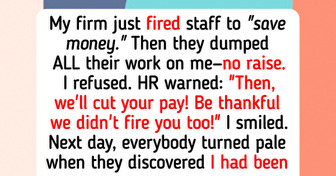
I Refused to Help My Homeless Mom After She Spent All My Inheritance on My Sick Sister
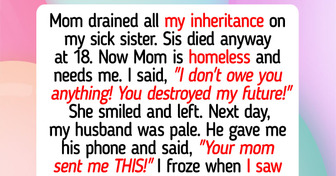
13 Stories of Quiet Kindness That Show Superhuman Strength in Ordinary People

14 Heartwarming Stories That Prove Kindness Conquers All
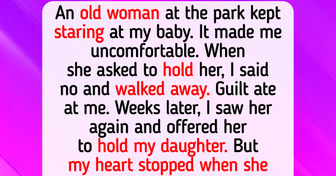
I Refused to Knit My Coworker a Free Blanket, and Now HR Is Involved
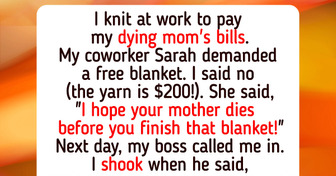
16 Times Roommate Situations Took an Unexpected Turn

12 Moments That Show Kindness Is a Silent Superpower
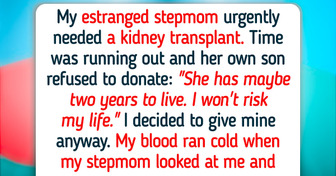
I Chose My Sick Son Over a Client Meeting—Now I’m Under Review

